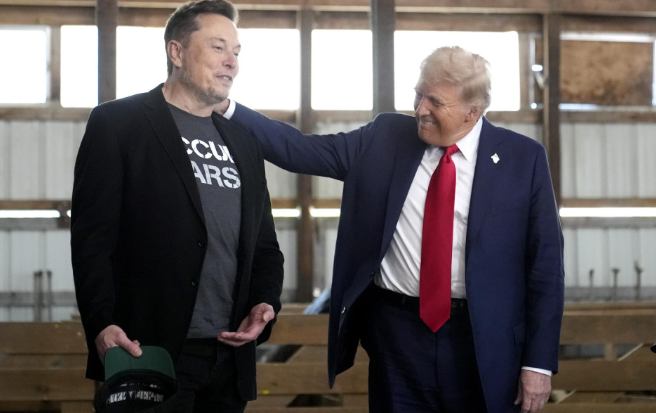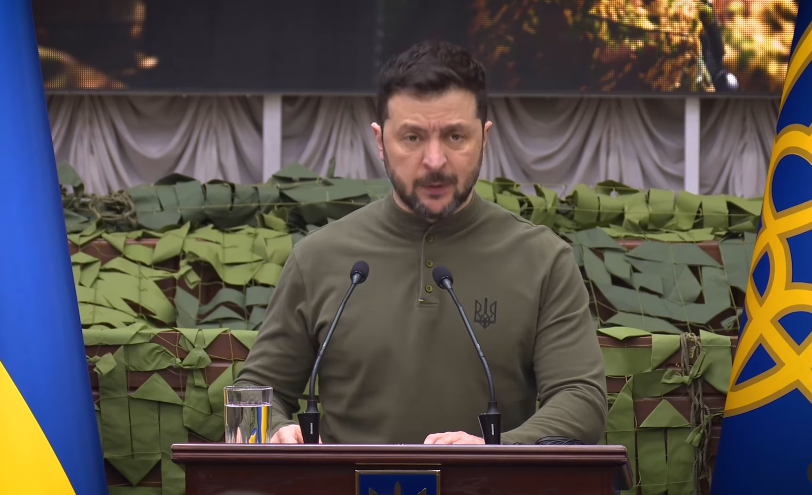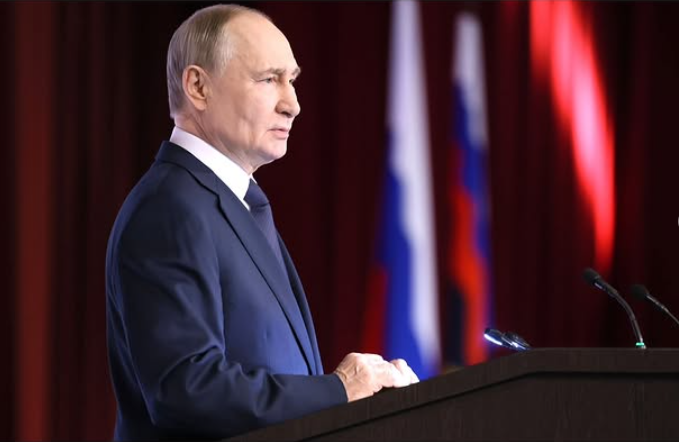[ad_1]
VALENCIA/CARACAS, Venezuela (Reuters) – Venezuelan authorities suppressed a small rebellion at a military base near the city of Valencia on Sunday, arresting seven men who they say participated in a “terrorist attack” against the government of unpopular leftist President Nicolas Maduro.
Earlier on Sunday a video circulated on social media showing a group of men in military uniform announcing an uprising in the wake of the creation of a pro-government legislative superbody on Friday, which was widely condemned as a power grab.
Hundreds took to the streets in Valencia to support the uprising, said resident Carolina Herrera, who like other witnesses reported shots through the night.
But hooded protesters had been largely dispelled with tear gas by midday on Sunday, and the rest of the South American country of 30 million appeared to be calm.
Still, the episode highlights how volatile Venezuela is after four months of sustained anti-government protests over what foes call a lurch into dictatorship in the midst of a bruising economic crisis.
Venezuela’s armed forces issued a statement calling the rebellion an ill-fated “propaganda show” aimed at destabilizing the country and reaffirmed their allegiance to Maduro.
Authorities said the men were mercenaries working for a U.S.-backed opposition to bring down nearly two decades of Socialism in oil-rich Venezuela, raising the specter of a further government crackdown on dissent in coming days.
“These attacks, planned by delirious minds in Miami, only strengthen the morale of our armed forces and the Bolivarian people,” said Socialist Party official Elias Jaua.
In Sunday’s video, a man who identified himself as Juan Carlos Caguaripano, a former National Guard captain, said: “We demand the immediate formation of a transition government.” He was flanked by about a dozen men in military uniforms.
“This is not a coup d’etat,” added Caguaripano, who was removed from the National Guard in 2014, according to a document seen by Reuters.
“This is a civic and military action to re-establish constitutional order,” Caguaripano said in the video. “But more than that, it is to save the country from total destruction.”
His apparent bid to spur a national uprising comes six weeks after a rogue policemen attacked key installations in Caracas by helicopter, but also failed to spark a larger movement.
ARMED FORCES IN SPOTLIGHT
Oil-rich but economically ailing Venezuela has a long history of instability. Maduro’s mentor, the late Hugo Chavez, started his political career with a 1992 coup attempt, for which he served time in jail before winning the presidency six years later.
Venezuelans view the armed forces as the key power broker in their country, and opposition leaders have repeatedly exhorted the military to break with Maduro over what they call his erosion of democracy and brutality toward demonstrators.
But the top brass continues to publicly profess loyalty to his government. Critics say juicy government contracts, corruption, and contraband mean many military officials want Maduro to stay in office and fear persecution should the opposition take power.
Discontent is higher among lower-tier officials, who are often sent to control rowdy protests and are paid just a few dozen U.S. dollars a month.
Since April more than 120 people have been killed in unrest as rock-throwing protesters were met by state security forces firing rubber bullets and water cannon. (tmsnrt.rs/2ujuylf)
Maduro has vowed the new “constituent assembly” would bring peace to the violent country, although his opponents called it an attempt to consolidate his power and avoid conventional elections.
On Saturday the pro-government body removed the dissident chief prosecutor from her post and ordered her to stand trial, confirming opposition fears that it would use its powers to root out critics of the government.
The prosecutor, Luisa Ortega, had become Maduro’s main challenger from within the ruling socialist movement since the start of sustained opposition street protests. She has rejected her removal as illegal and vowed to continue working.
Writing by Hugh Bronstein; Additional reporting by Corina Pons, Alexandra Ulmer, Deisy Buitrago and Hugh Bronstein; Editing by Louise Ireland and Lisa Shumaker
[ad_2]
Source link






Leave a Reply